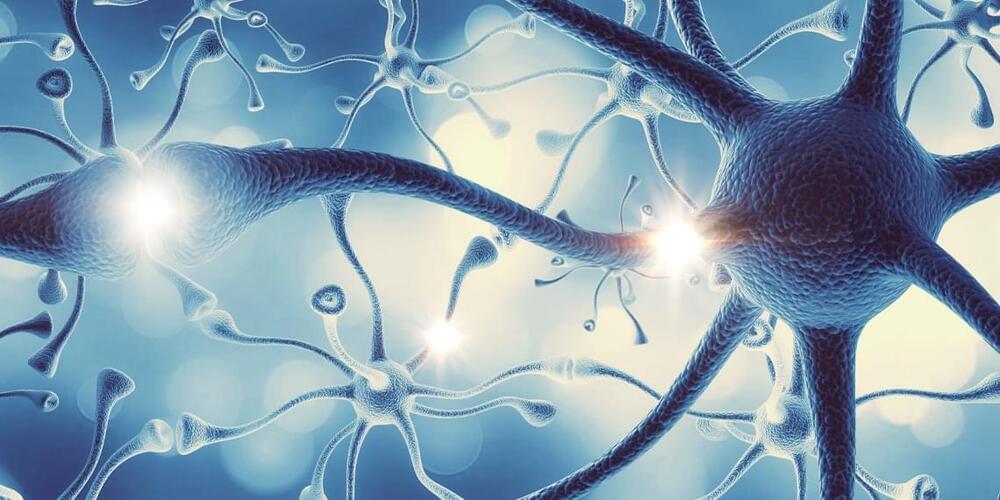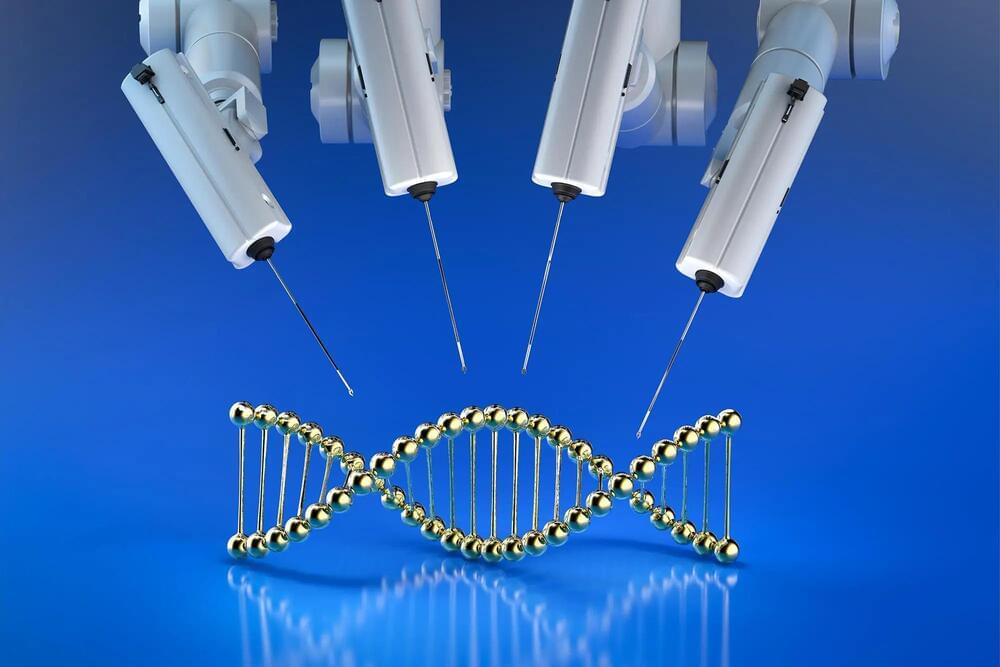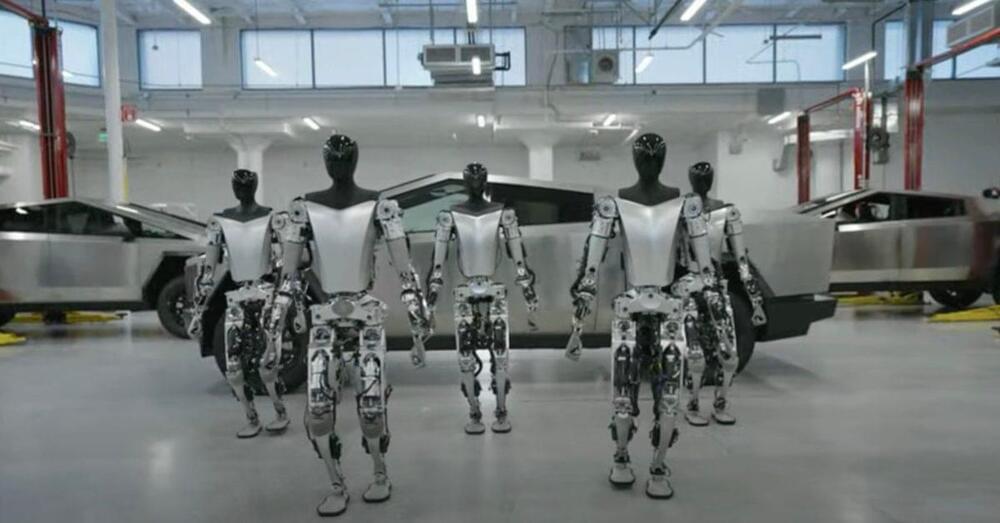The psychedelic substances 5-MeO-DMT causes a long-lasting increase in the number of tiny protrusions called dendritic spines in the brain, according to new research published in Neuropsychopharmacology. The study, which was conducted on mice, sheds light on the behavioral and neural mechanisms of 5-MeO-DMT.
Serotonergic psychedelics (such as psilocybin and LSD) have shown promise as potential therapeutics for mental illnesses like depression and anxiety. Short-acting compounds are particularly interesting because they require less dosing time, which could improve patient access to treatment. In humans, 5-MeO-DMT produces a short-lasting experience due to its rapid breakdown in the body.
“My lab started research on psychiatric drugs like ketamine and psychedelics about 10 years ago. We were motivated by how basic science and clinical research can together powerfully move a drug forward to become medicine. Specifically I believe there is a lot of potential for psychedelics as therapeutics, and that drives our interest in this topic,” said study author Alex Kwan (@kwanalexc), an associate professor in the Meinig School of Biomedical Engineering at Cornell University.









